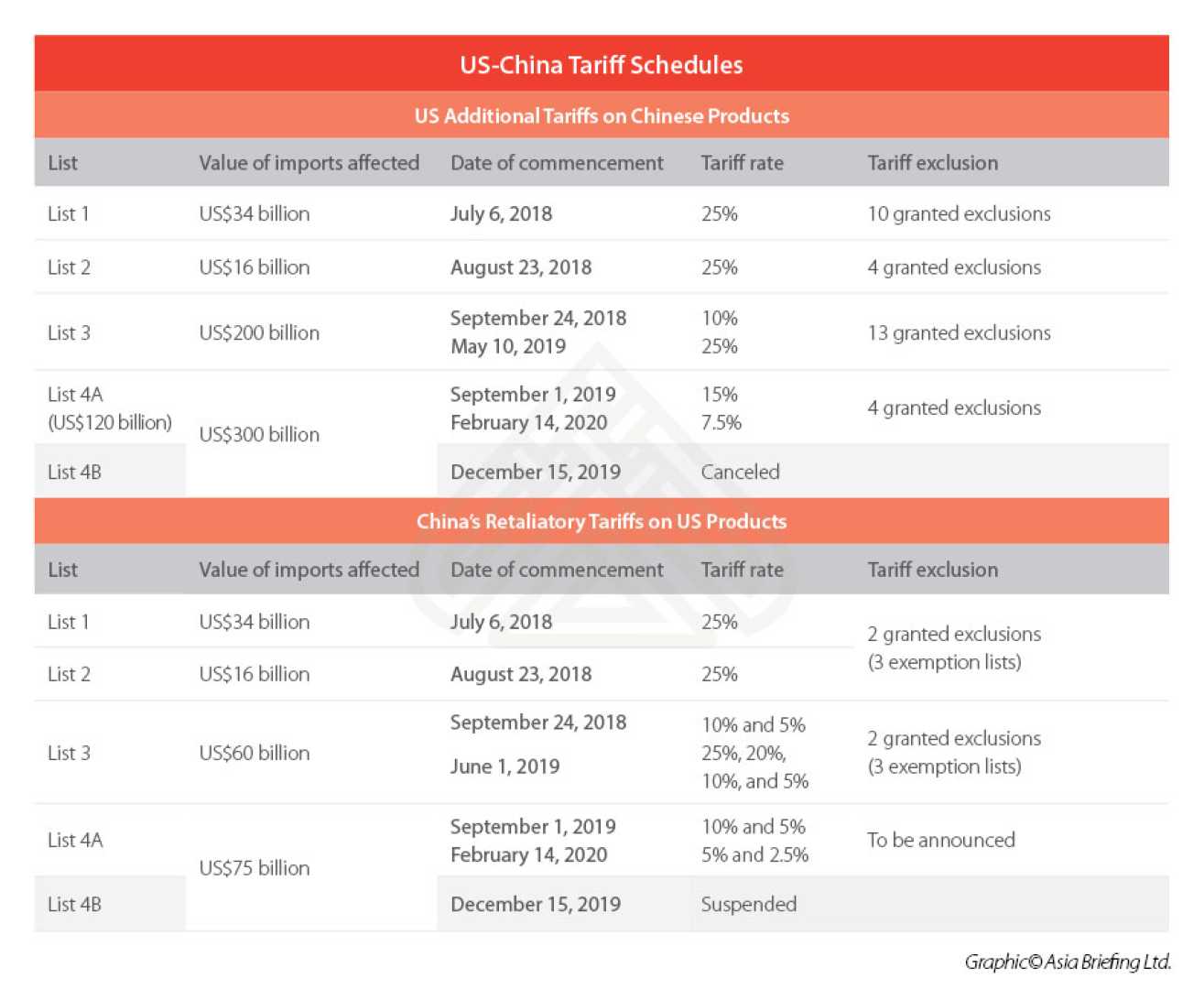Business
China Unveils Tariff Exemption List for Select US Products

SHANGHAI, China — China has announced a list of U.S.-made products that will be exempt from its steep 125% tariffs, aiming to soften the blow of its ongoing trade war with the United States. Two sources familiar with the matter revealed this information on April 30, indicating that the country is quietly notifying select companies about these exemptions.
This new ‘whitelist’ approach was not publicly disclosed prior, although China has already offered tariff exemptions on certain items like pharmaceuticals, microchips, and aircraft engines. The Chinese government is now soliciting feedback from firms on key goods they need to be tariff-free.
One source, who works at a pharmaceutical company that relies on U.S. technology, stated that their firm was contacted by the Shanghai Pudong district government about this list. The source noted the company had previously sought tariff relief, emphasizing, “We still have many technologies we need from the U.S.”
While it remains unclear how many products are included in this list, companies have been encouraged to reach out to local authorities for guidance. This discreet strategy allows China to address industry concerns while maintaining a firm public stance regarding U.S. tariffs, which stand at 145%.
Moreover, several companies have reported being asked to communicate critical issues caused by these tariff conflicts. In a recent meeting, local authorities in Eastern China requested a foreign business group deliver summaries of their members’ concerns to evaluate specific cases. In Xiamen, local government officials also conducted a survey targeting textiles and semiconductor companies to assess the tariffs’ impact.
President Donald Trump expressed optimism on Tuesday about reaching a trade agreement with China. “But it’s going to be a fair deal,” he stated, underscoring the need for equitable terms.
China’s commerce and customs ministries did not provide immediate comments on this matter, and the situation is evolving as the authorities continue to interact with businesses regarding tariff exclusions.












